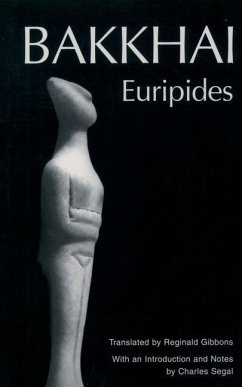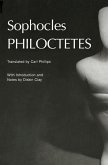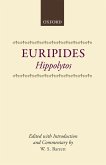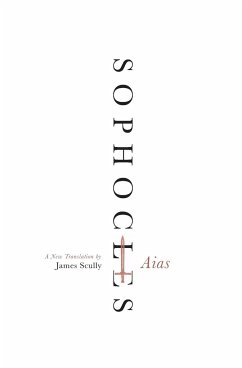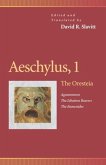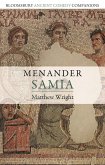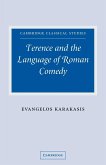Euripides' "Bakkhai" is the staple of the canon of Greek tragedy, as its structure and thematics offer exemplary models of the classic tragic elements. The plot of "Bakkhai" centres around the actions of Pentheus, King of Thebes, who refused to recognize the god Dionysus or permit Thebans to worship him. In revenge, Dionysus drove Pentheus mad, made him cross-dress as a maenad, sent him to worship the god he had spurned, and made his mother, Agave, mistake him for a wild beast and rip him to shreds.
Regarded by many as Euripides' masterpiece, Bakkhai is a powerful examination of religious ecstasy and the resistance to it. A call for moderation, it rejects the temptation of pure reason as well as pure sensuality, and is a staple of Greek tragedy, representing in structure and thematics an exemplary model of the classic tragic elements. Disguised as a young holy man, the god Bacchus arrives in Greece from Asia proclaiming his godhood and preaching his orgiastic religion. He expects to be embraced in Thebes, but the Theban king, Pentheus, forbids his people to worship him and tries to have him arrested. Enraged, Bacchus drives Pentheus mad and leads him to the mountains, where Pentheus' own mother, Agave, and the women of Thebes tear him to pieces in a Bacchic frenzy. Gibbons, a prize-winning poet, and Segal, a renowned classicist, offer a skilled new translation of this central text of Greek tragedy.
Regarded by many as Euripides' masterpiece, Bakkhai is a powerful examination of religious ecstasy and the resistance to it. A call for moderation, it rejects the temptation of pure reason as well as pure sensuality, and is a staple of Greek tragedy, representing in structure and thematics an exemplary model of the classic tragic elements. Disguised as a young holy man, the god Bacchus arrives in Greece from Asia proclaiming his godhood and preaching his orgiastic religion. He expects to be embraced in Thebes, but the Theban king, Pentheus, forbids his people to worship him and tries to have him arrested. Enraged, Bacchus drives Pentheus mad and leads him to the mountains, where Pentheus' own mother, Agave, and the women of Thebes tear him to pieces in a Bacchic frenzy. Gibbons, a prize-winning poet, and Segal, a renowned classicist, offer a skilled new translation of this central text of Greek tragedy.

